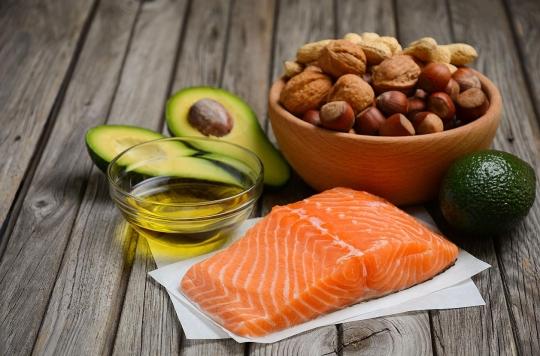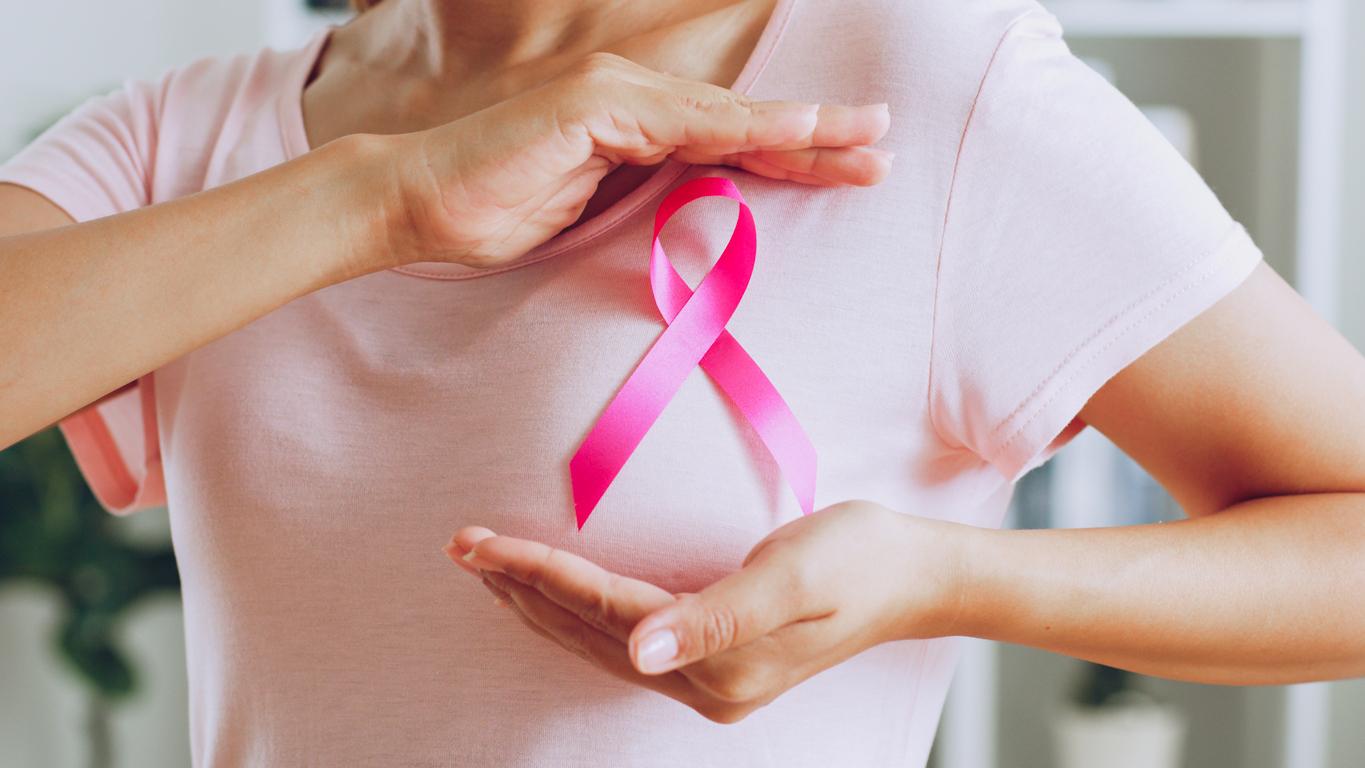According to a study, the omega-3 fatty acids contained in fish and nuts would be decisive in countering the risk of developing breast cancer.

- More than 2.2 million women with breast cancer were identified worldwide in 2020.
- Breast cancer is the leading cause of cancer death in women.
This is news that could be a game-changer in the fight against breast cancer. Researchers collaborating with the North American Menopause Society have found that diets rich in omega-3 fatty acids may help reduce the risk of breast cancer. Their work has been published in the journal Menopause.
Foods rich in fatty acids
In other words, fish, vegetable oil, nuts, flaxseeds, flaxseed oil and leafy vegetables are preferred foods. Indeed, they are essential to the human body, which does not naturally produce this type of fatty acid.
To arrive at this result, the researchers analyzed the cases of 1,600 women from a case-control study in a hospital environment. Scientists then looked at the link between omega-3 fatty acid consumption and breast cancer.
Seafood, obvious allies
The study showed that women had a lower risk of developing breast cancer after consuming seafood (marine n-3 PUFA and total n-3 PUFA). Indeed, several acids (food alinolenic acid, eicosapentaenoic acid, docosapentaenoic acid and docosahexaenoic acid) can reduce the risk. Overweight or obese women who increased their fatty acid intake experienced the same result.
Other more mixed results
“This study highlights the effect of lifestyle habits and more specifically dietary intake of polyunsaturated fatty acids on the risk of breast cancer. Lifestyle (or diet) is known to contribute up to a third of the risk of breast cancer.Women can affect their risk of developing breast cancer by making dietary changes to include fruits and vegetables, fiber and whole grains and avoiding animal and dairy products high in fat”says Dr. Chrisandra Shuflet, president of the North American Menopause Society, in a statement.
Previous experiments have given more mixed results on the subject. Nevertheless, the study authors say that previous studies have only been done with postmenopausal women.

Advertising

















